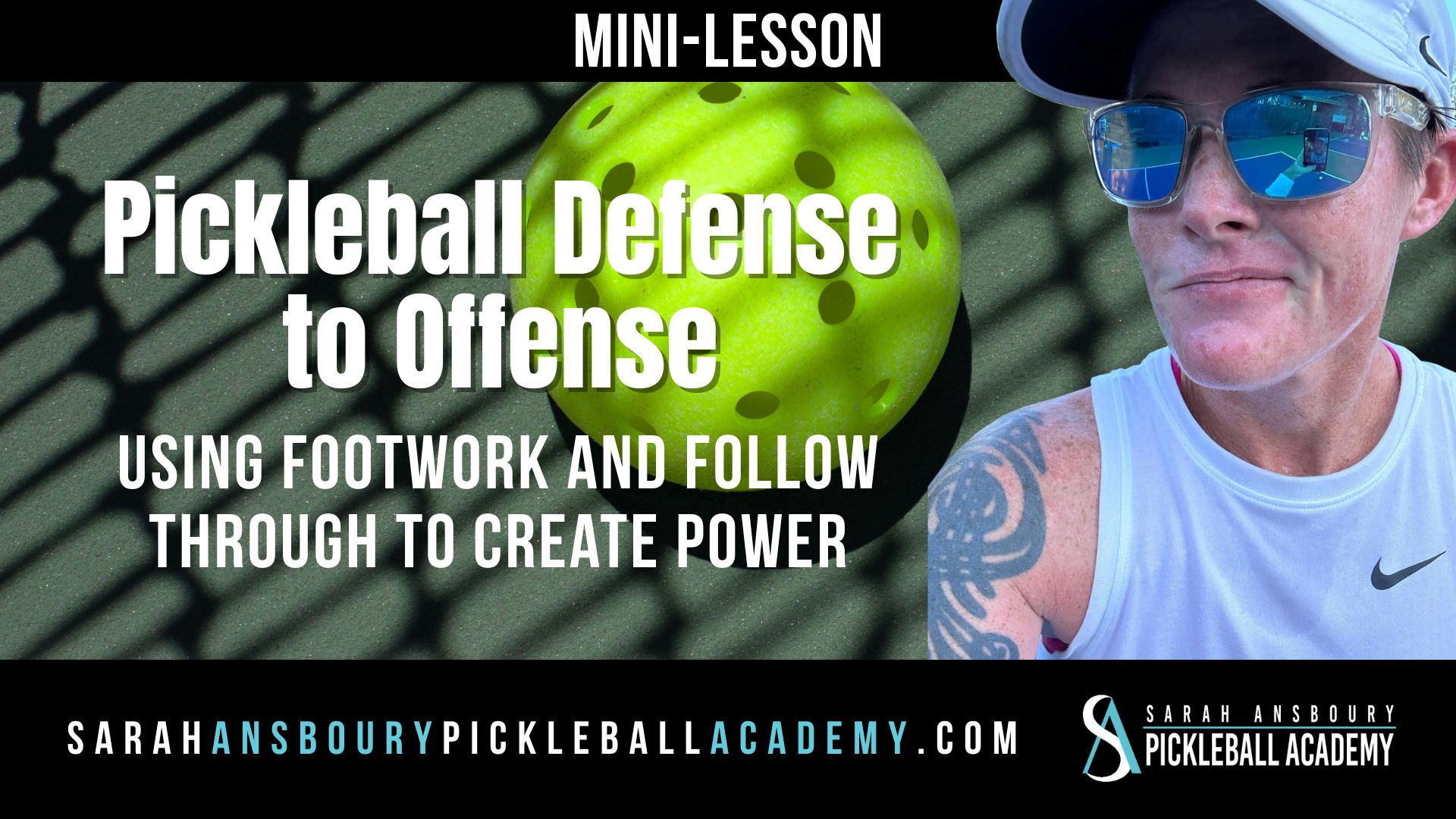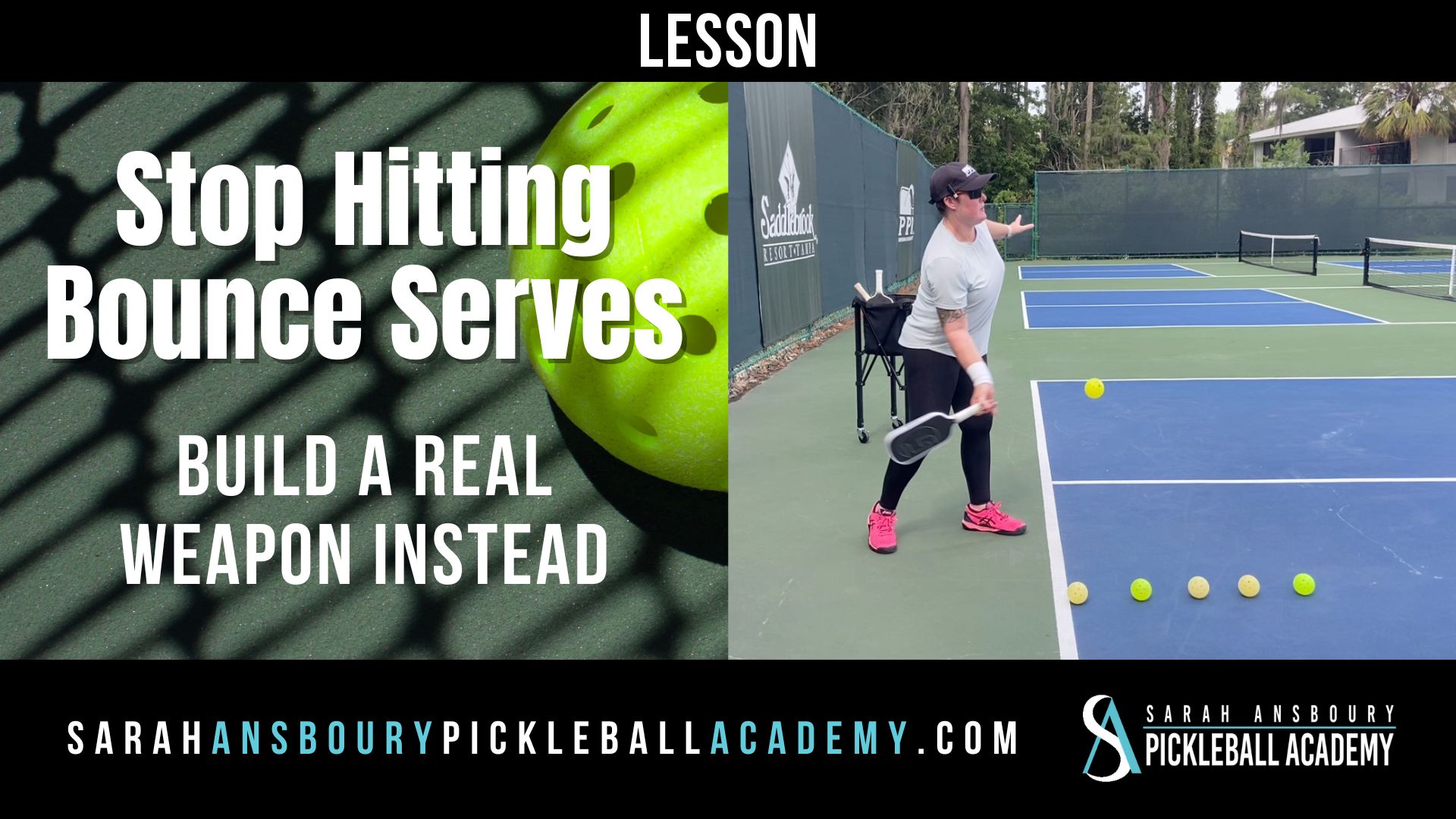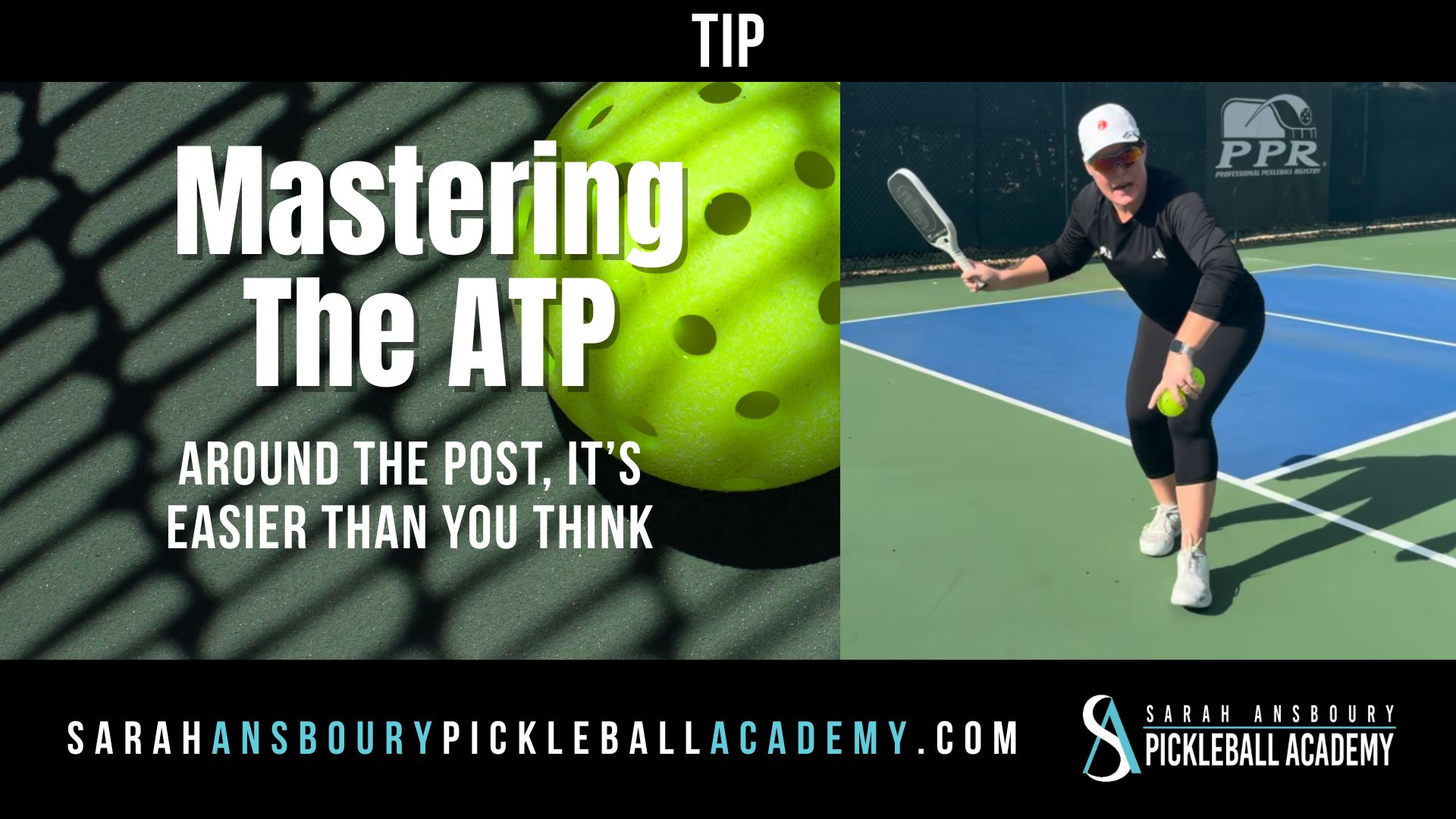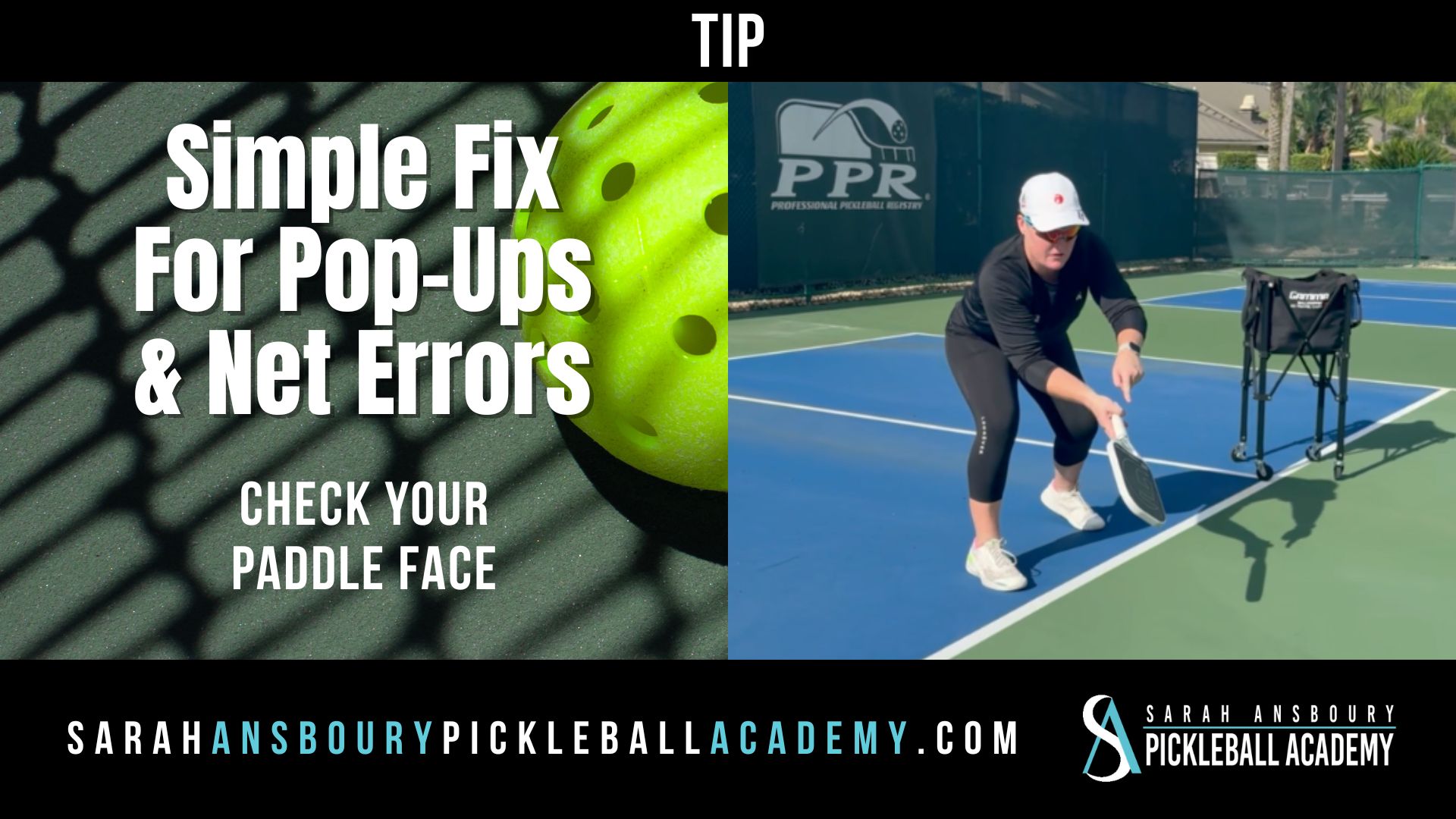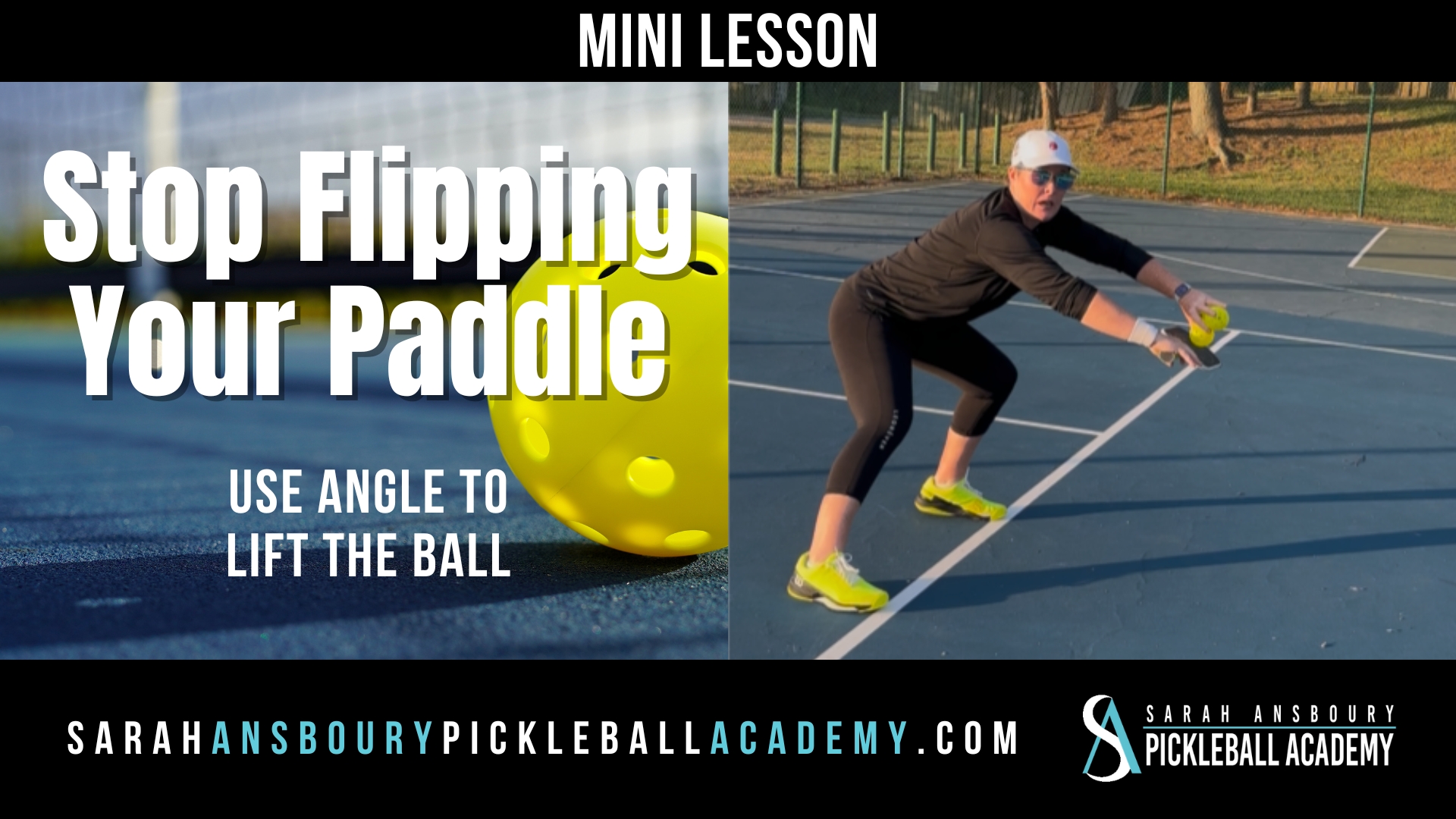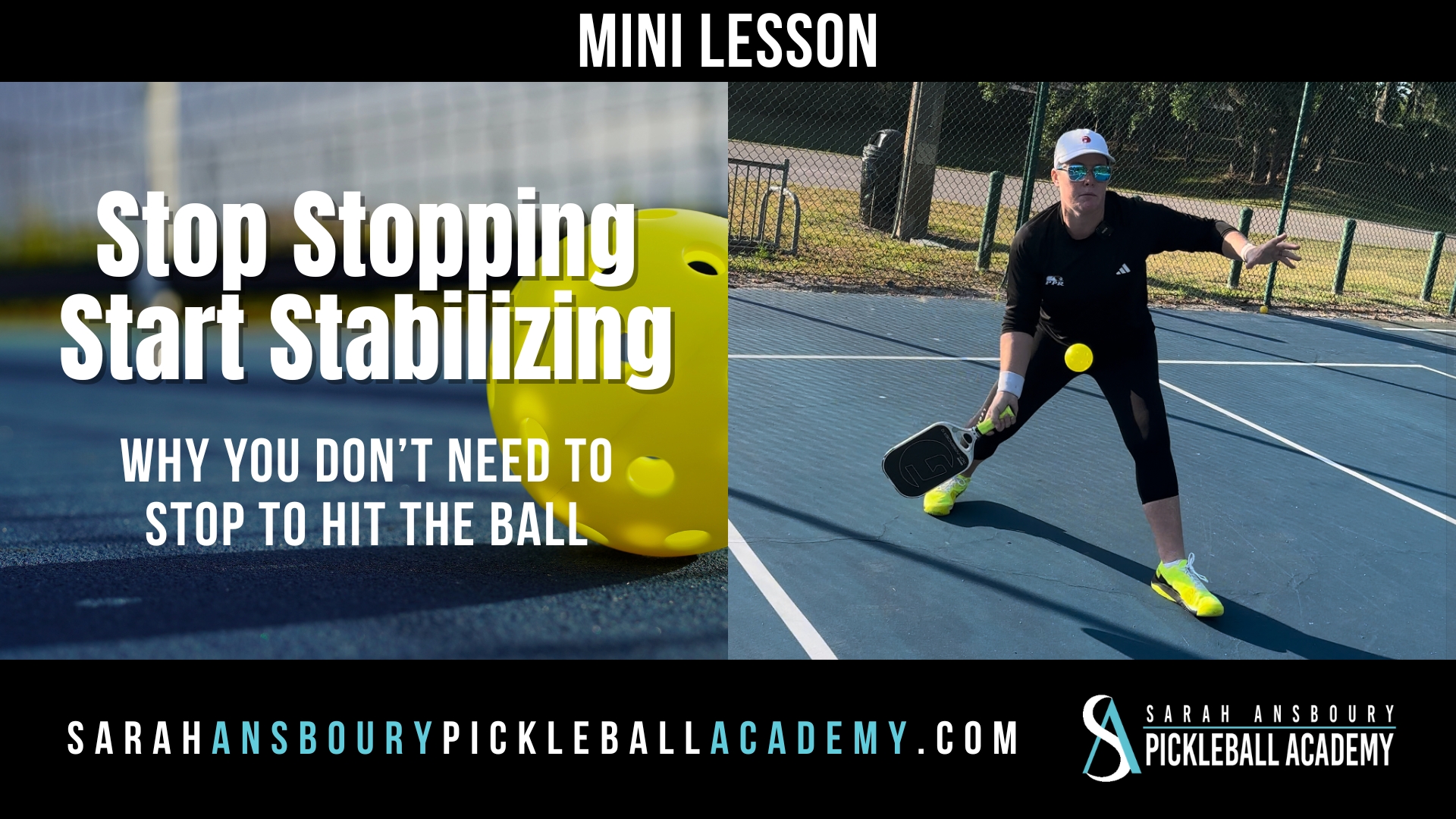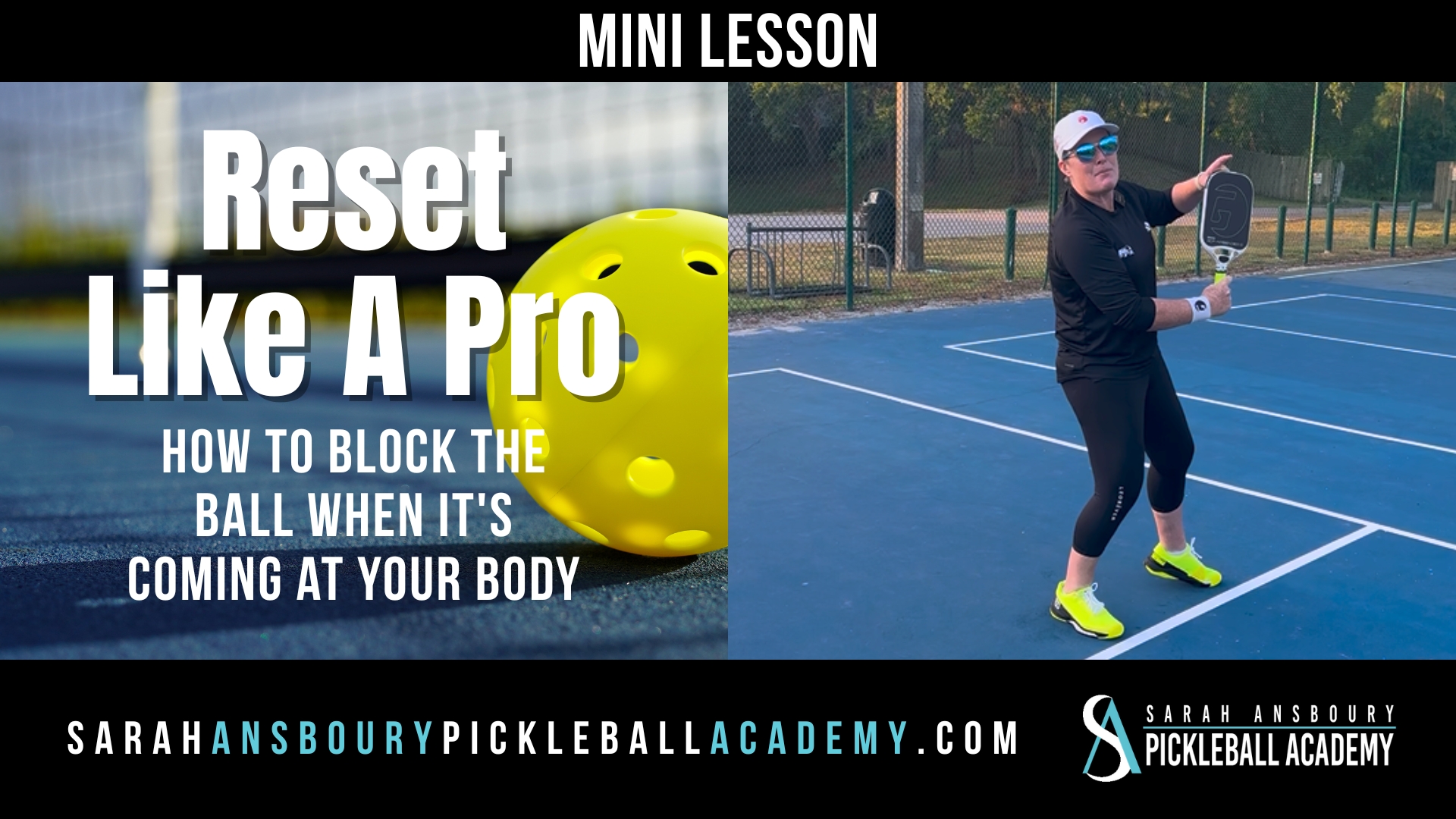Today, I want to share a crucial tip regarding line calls, especially for those who might be new to tournaments or pickleball rules. Understanding these rules is essential for fair play.
Let’s start with the basic concept of whether a ball is in or out. The rules define this based on whether the entire ball lands inside the court’s boundary lines. The lines themselves are part of the court, so if there’s clear space between the ball and the line (often referred to as the “triple ball”), the ball is considered out. Conversely, if any part of the ball touches the line, it’s considered in.
Now, there’s an important point to emphasize. The old adage of “when in doubt, call it out” isn’t the right approach. It’s essential to maintain good sportsmanship and fairness on the court. If you’re uncertain about a call, it’s generally better to give the benefit of the doubt to your opponent because you may not have had a clear view of the ball’s position.
However, if there’s a referee present during the match, don’t hesitate to ask them for their input. They have the authority to make a definitive call based on what they observed. Keep in mind that even referees can make errors, and they must be 100% sure when making a call.
One of the trickier situations arises when your partner and you disagree on a line call. It’s vital to communicate openly with your partner in such cases. If you genuinely believe the ball was out, don’t hesitate to express your perspective. It’s okay to have differing views, but remember that sportsmanship should prevail.
Sometimes, despite our best intentions, mistakes happen. I recently encountered a situation at an event where I couldn’t see the ball clearly, but my partner had a different perspective. We trusted each other, and I took their word for it. However, our opponents challenged the call, and the referees ultimately overruled it. It’s a reminder that errors can occur, and we have to accept them gracefully.
In conclusion, always trust your judgment on line calls when you are confident about what you saw. Don’t let anyone pressure you into changing your call if you believe you made the correct one. Good sportsmanship is paramount, but standing by your convictions is equally important. Mistakes are part of the game, and everyone is trying their best to ensure fair play.

